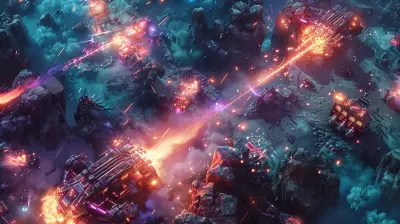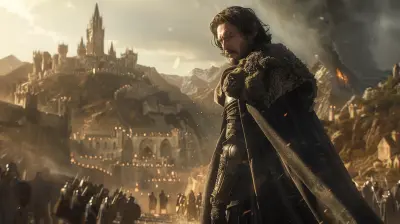The Importance of Indie Games in a Predominantly AAA World
29 May 2025
When someone mentions "video games," what's the first thing that pops into your head? Probably some epic blockbuster title with jaw-dropping graphics, a budget bigger than most countries' GDPs, and a marketing campaign that practically slaps you in the face every time you open YouTube. Sound familiar? Yep—we're talking about the big dogs of the gaming industry: AAA games. But let’s pause for a second and turn our gaze to the quirky, heartfelt underdogs in this digital landscape—indie games. Trust me, they’re the unsung heroes of the gaming world, and today, we’re going to talk about why they matter so much.
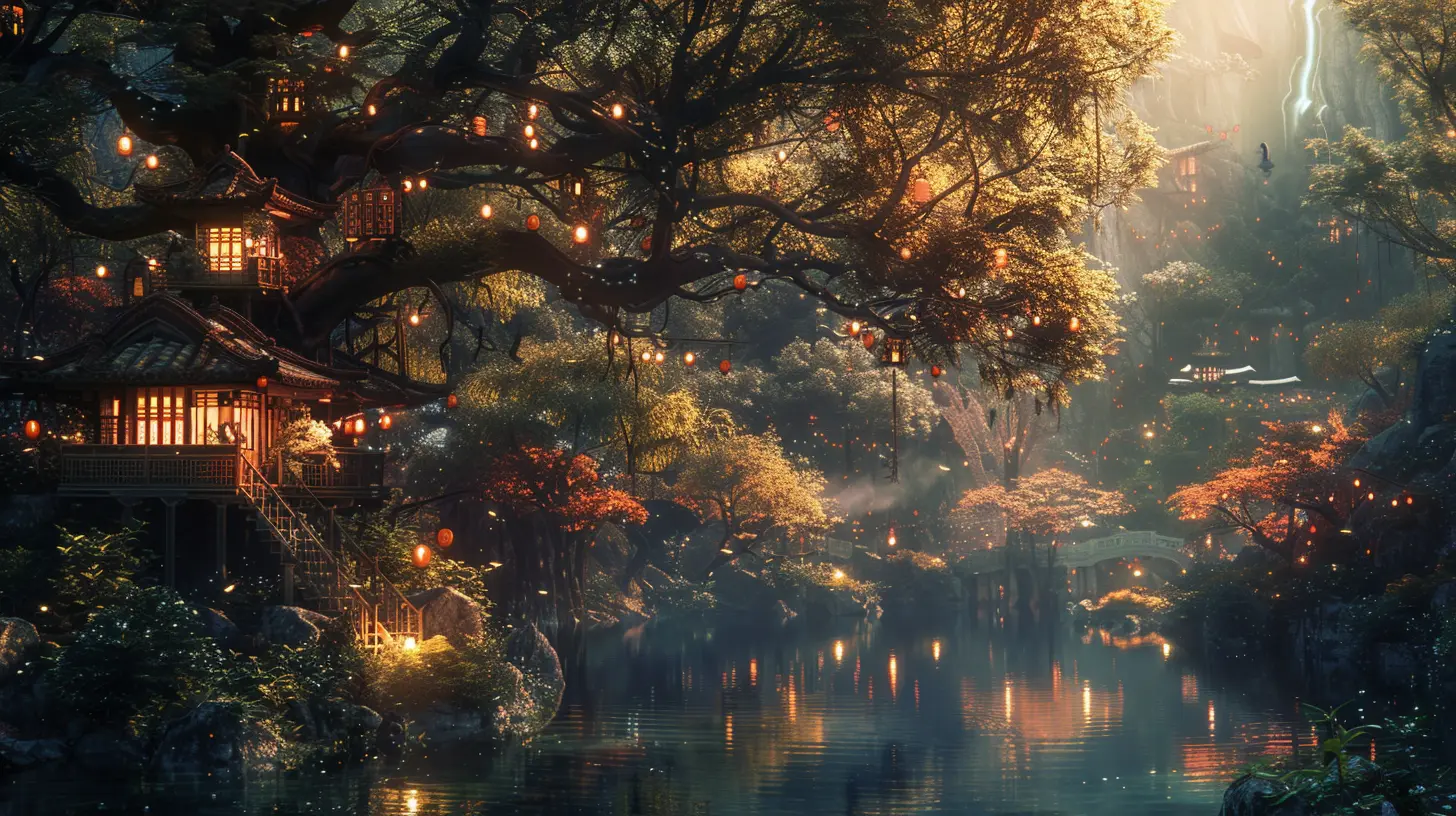
What Even Are Indie Games?
Alright, first things first—what exactly are indie games? Are they, like, games dressed in flannel shirts listening to vinyl records? Not quite. The term "indie" is short for "independent," meaning these games are created by small teams (or even just one person) without the backing of a massive studio. They’re basically the garage bands of the gaming world, cranking out hits from their metaphorical basements. No billion-dollar publishers breathing down their necks, no cookie-cutter formulas—just pure, unfiltered creativity.And let me tell you, these folks don’t just think outside the box—they smash it, sprinkle the pieces over a pixel-art landscape, and call it a day. That’s the charm of indie games: they take risks that AAA titles wouldn’t dare touch with a ten-foot pole.

The Overlapping Worlds: AAA vs. Indie
Picture this: AAA games are the summer blockbusters of the gaming world—big, flashy, and polished. Indie games? They’re the critically acclaimed indie films with heartwarming stories and a fraction of the budget. Both have their charm, but they cater to very different vibes.AAA games are all about grandeur. Think massive open worlds, complex systems, and big-name actors lending their voices. Indie games, though? They’re more personal. They may not have ray-tracing that’ll singe your retinas, but they’ll hit you right in the feels.
It’s like comparing a gourmet restaurant to your grandma’s homemade pie. Sure, that $400 Wagyu steak is fancy, but nothing beats the warm, personal touch of Granny’s apple pie, right? That, my friends, is indie gaming in a nutshell.
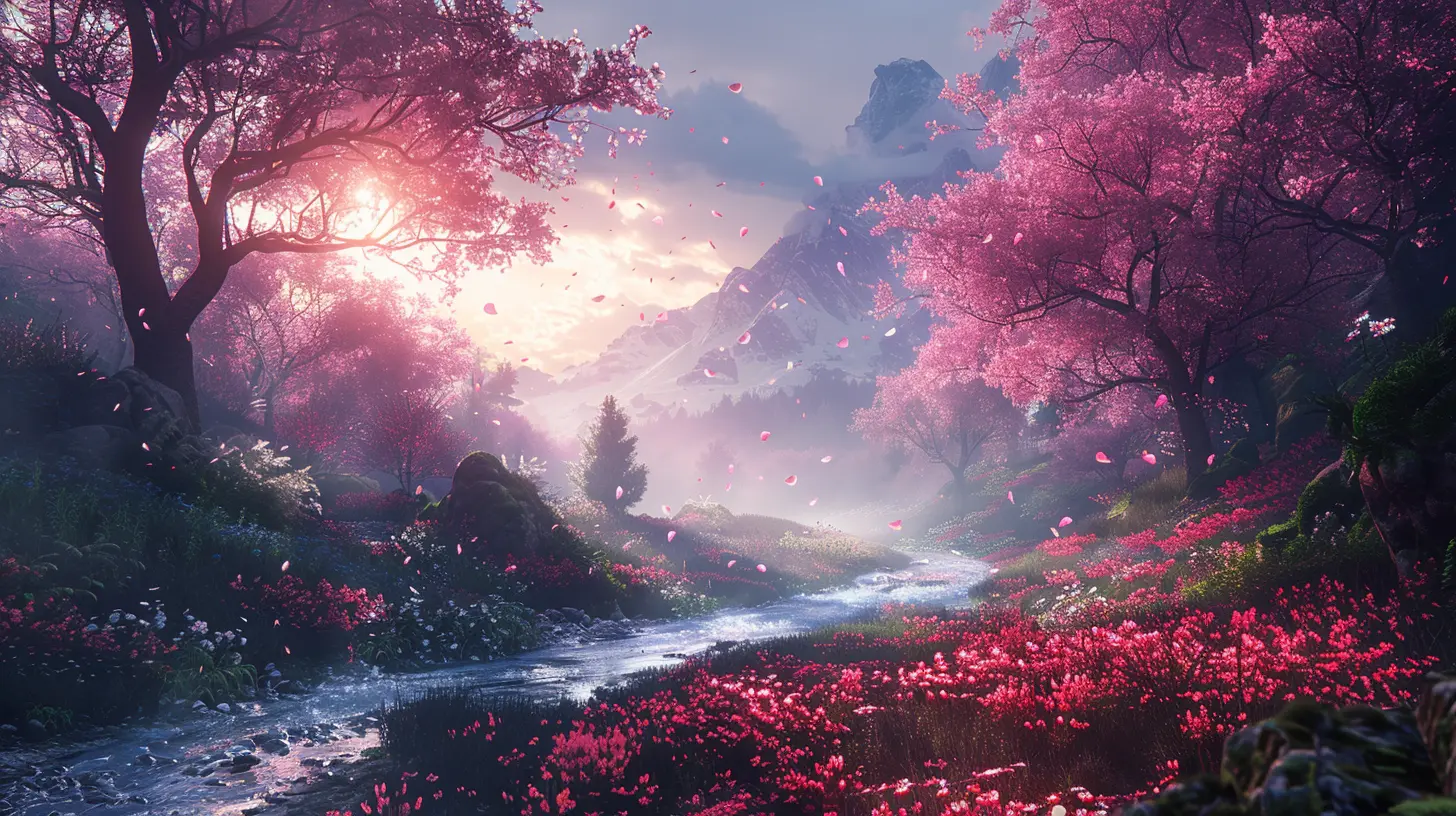
The Creative Playground of Indie Games
Let’s be real—AAA studios are sometimes about as risk-averse as a cat faced with a plastic cucumber. When you’re investing hundreds of millions into a game, you can’t afford to experiment too much. So, you get sequels, prequels, and spin-offs until your head spins.Indie devs, on the other hand? They’re like, “What if we made a game where you play as a slice of bread trying to become toast?” (Looking at you, I Am Bread.) Or, “What if we create a game where you walk around a mysterious island and uncover memories of a lost love?” (Dear Esther, anyone?) They take wild ideas and run with them faster than Sonic on a sugar rush.
It’s this creativity, this freedom to take chances, that makes indie games so refreshing. They’re not bound by focus groups or sales projections. They’re bound by passion, and it shows.
Examples of Indie Magic
Let me hit you with some titles that prove indie games are an absolute treasure trove of innovation:- Stardew Valley: A farming sim that turned into a global phenomenon—all created by one guy. It’s like a love letter to Harvest Moon with more charm than your grandma’s knitting club.
- Hollow Knight: A 2D action-adventure game that somehow feels like a AAA blockbuster, despite being made by a small team. The art, the music, the feels—chef’s kiss.
- Papers, Please: A border control simulator (yes, really) that’s surprisingly emotional, gripping, and morally complex. Who knew stamping passports could be this intense?
These games didn’t just think outside the box—they torched the box and built something entirely new.
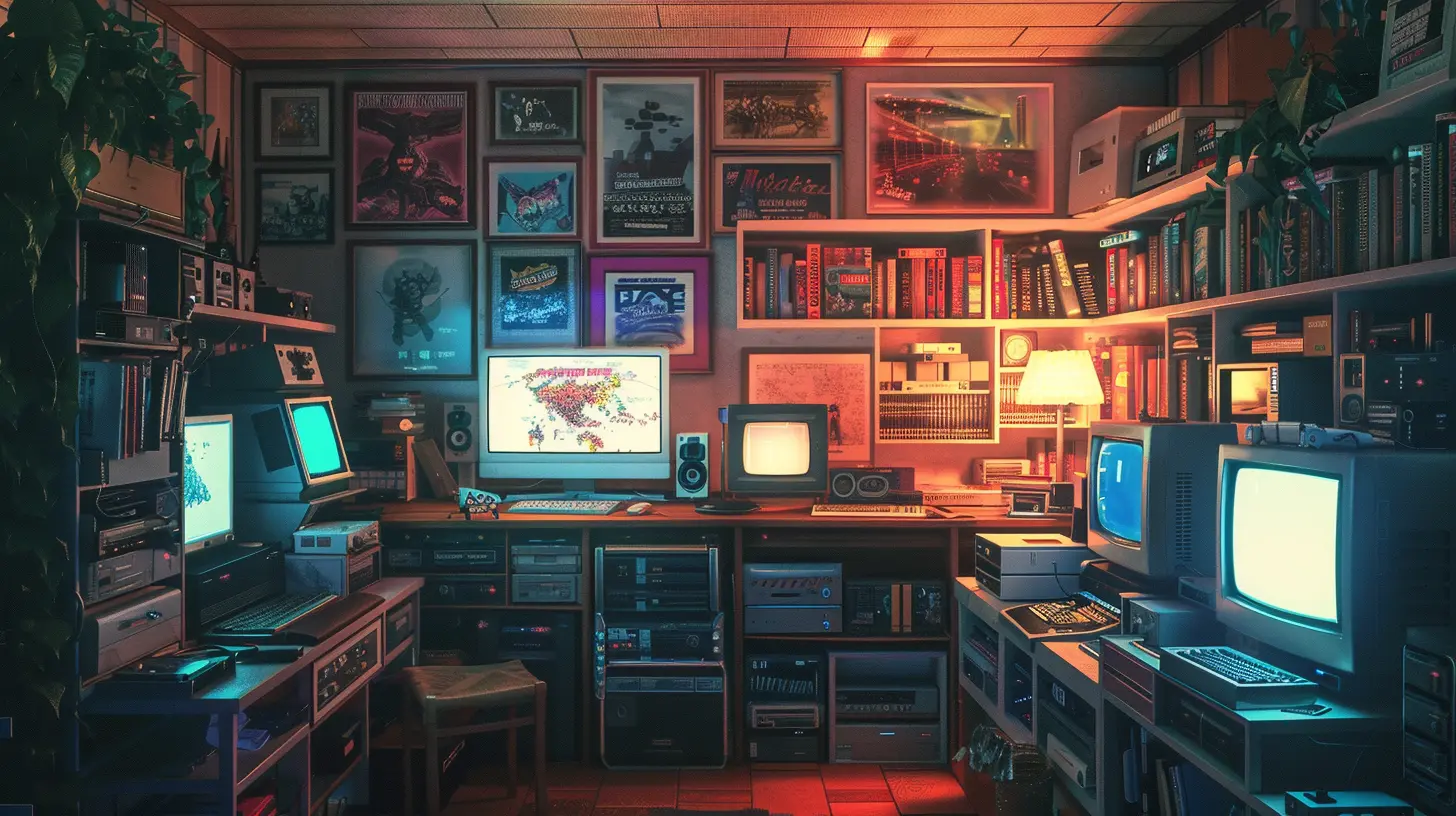
The Emotional Punch of Indie Games
Have you ever played a game that made you question your entire existence? Or one that had you ugly-crying in the middle of the night? Indie games excel at those gut-punch moments. Why? Because they’re a labor of love. The developers pour their hearts and souls into these games, and it freaking shows.Take Undertale, for example. On the surface, it’s a quirky little RPG with dated graphics. But peel back the layers, and you’ve got yourself a deeply emotional story filled with clever twists and unforgettable characters. It feels like the developer, Toby Fox, sat down and said, “How can I absolutely destroy players emotionally? Oh, I know—let’s throw in a skeleton who tells dad jokes.”
Indie games don’t just entertain; they connect. They remind us that gaming is about more than just high scores and kill counts—it’s about storytelling, empathy, and human emotion. (And skeleton puns, apparently.)
Accessibility and Affordability: The Cherry on Top
Let’s not ignore the elephant in the room—AAA games are freaking expensive. Between the $70 price tags and microtransactions that nickel-and-dime you into oblivion, you might need to take out a second mortgage just to enjoy the full experience. Indie games, though? They’re like that thrift store find you can’t believe was only ten bucks.Most indie games cost less than a fancy coffee order, and many offer way more value for your time than some bloated AAA titles. Plus, they’re often available on nearly every platform, from your shiny next-gen console to your potato PC. Heck, some of them even run on toasters (probably).
And let’s not forget about accessibility in terms of gameplay. Indie games often ditch the over-complicated mechanics and get straight to the fun. They’re perfect for everyone—whether you’re a casual gamer or a hardcore veteran.
Why Indie Games Deserve Your Love (And Your Wallet)
Now, don’t get me wrong—I’m not here to bash AAA games. They’ve got their place, and some of them are downright masterpieces. But in a world dominated by massive franchises and million-dollar budgets, indie games are like a breath of fresh air (or that one friend who always knows the coolest underground bands before they’re cool).By supporting indie developers, you’re not just buying a game—you’re supporting creativity, innovation, and passion. You’re saying, “Hey, I see you out there hustling, and I appreciate you.” And honestly, that’s what keeps the gaming industry from becoming one giant, soulless money machine.
So next time you’re scrolling through your digital store of choice, skip past the big names for a sec. Take a chance on that weird little game with the hand-drawn cover art. Who knows? It might just end up being your new favorite.
The Future of Indie Games in a AAA World
The good news is, indie games are thriving more than ever. Thanks to platforms like Steam, itch.io, and even Xbox Game Pass, indie devs have more ways to share their creations with the world. Social media and streaming have also played a huge role in shining a spotlight on these gems. (Seriously, ever heard of a little game called Among Us? Yeah, thought so.)As gamers, we have the power to shape the industry. By supporting indie games, we’re telling developers and publishers alike that creativity and innovation matter. We’re saying, “Hey, it’s okay to take risks. It’s okay to be different. It’s okay to make a game about a goose that just wants to cause chaos.” (That’s a nod to you, Untitled Goose Game.)
And honestly? That’s a world I want to game in.
all images in this post were generated using AI tools
Category:
Gaming IndustryAuthor:

Emery Larsen
Discussion
rate this article
3 comments
Gabriella McGuffin
Great article! Indie games truly offer unique perspectives and creativity that enrich the gaming landscape. They remind us that innovation often thrives outside the mainstream. Keep highlighting their impact!
June 9, 2025 at 3:04 PM

Emery Larsen
Thank you! I'm glad you enjoyed the article. Indie games truly bring fresh ideas and creativity that enrich our gaming experiences.
Kirk McClellan
Indie games foster innovation and creativity, challenging AAA norms and enriching the gaming landscape.
June 6, 2025 at 4:09 AM

Emery Larsen
Absolutely! Indie games push boundaries and introduce unique ideas, enriching the gaming industry and offering diverse experiences beyond AAA offerings.
Camille McVeigh
In a landscape dominated by AAA giants, indie games whisper secrets of innovation and creativity. They challenge norms, offering glimpses into uncharted realms. What hidden gems lie in the shadows, waiting to redefine the gaming experience?
May 29, 2025 at 5:09 PM

Emery Larsen
Indie games are indeed vital, serving as a breeding ground for innovation and unique storytelling that often goes unnoticed. These hidden gems can redefine the gaming landscape by pushing boundaries and exploring diverse themes, enriching the overall experience.

